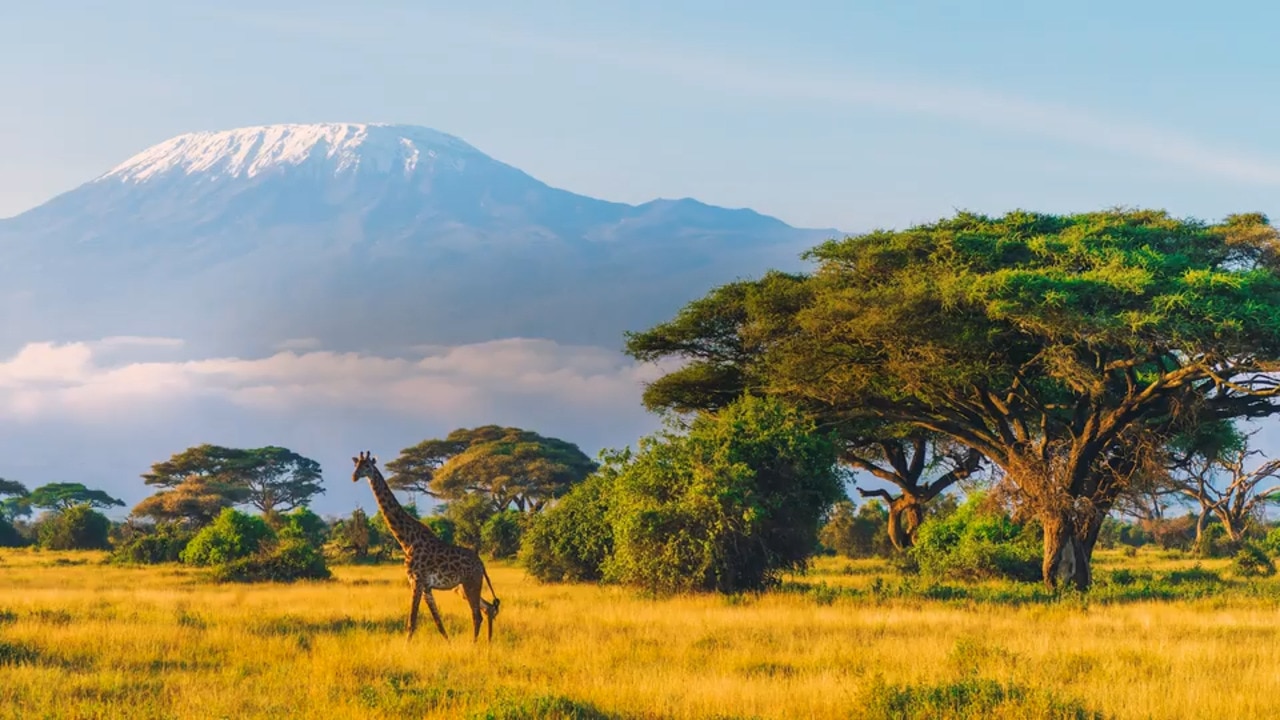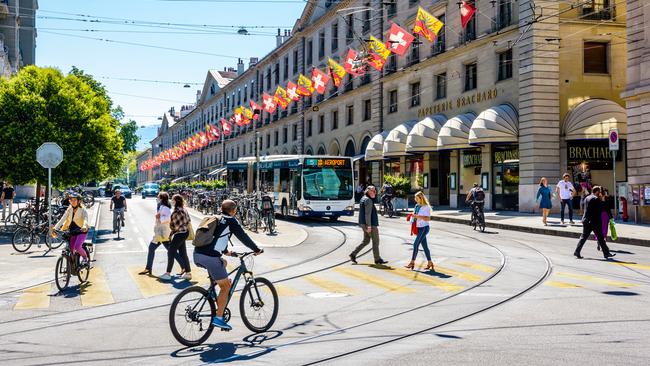Doc Holiday: How to choose a low-impact safari
An African safari belongs on every bucket-list, but how can you see the Big Five without having a significant impact?

Lifestyle
Don't miss out on the headlines from Lifestyle. Followed categories will be added to My News.
Escape's Doc Holiday, Dilvin Yasa, answers your travel-related questions.
My lifelong dream is to go on safari, but how do I go without adding to overtourism? Are there any companies and/or destinations that don’t affect and overrun the wildlife?
Thank you for putting so much consideration into wildlife welfare.

We know threatened species depend on wildlife safaris to provide the necessary income to help protect them and keep reserves out of the reach of poachers and hunters, but they are not without significant downsides. I’ve (unfortunately) witnessed the overcrowding of jeeps stalking wildlife in Kenya’s Maasai Mara, with noise pollution, habitat degradation, and stress resulting in the disturbance of natural behaviours.
You’re more likely to see this in locations offering high-volume, lower-cost safaris, so, speaking in general, I recommend avoiding anywhere in and around the Serengeti, and instead take a look at Botswana, which has long employed a high-revenue, super-low-volume tourism model. The higher cost (plus limited accommodation) means safaris are out of reach for some travellers, which helps minimise impact on the wildlife and environment. Namibia’s Etosha National Park and Malawi’s Lake Malawi National Park, too, remain relatively quiet in comparison to their neighbours.
Take a look at the silent safaris offered by Green Safaris, but no matter which destination you go with, opting for a higher-end product with a focus on private reserves is always going to be the better option here. Yes, it’s going to cost a lot, but not compared with the true cost of a budget safari.

We’re heading to China with an organised tour. Are we required to have a visa waiver complete before leaving?
You’ll be pleased to know that China has recently extended its 15-day visa waiver program for Australians to 30 days in a bid to attract more Australian visitors.
“This means travellers won’t need to apply for a visa or a waiver before departure, as long as they meet the eligibility requirements and their stay is under 30 days,” explains Sonia Orrego, head of product for Wendy Wu Tours Australia.
The visa-waiver extension is valid until December 31, 2025. Happy travels.

I’m planning to travel from Geneva to Évian-les-Bains on my own. I’m profoundly deaf and lip read (I don’t use Auslan). Do you have any tips to make my journey easier?
Your trip to the Amundi Évian Championship sounds like an exciting adventure for a golf fan.
I can understand why you might be feeling anxious, but you’ll be in good hands.
Direct services between Geneva and Évian-les-Bains operate throughout the day and are your best bet to avoid making any changes en route. Information about the service is displayed prominently at the stations, and the SNCF train service offers the assistance of an SNCF team member at train stations for those with a disability or reduced mobility.

The service can be booked at garesetconnexions.sncf as far out as 90 days before the date of your journey and up to 24 hours before your train’s departure, but please note you’ll still need to book a train ticket separately if you haven’t already done so. Happily, SNCF also has a feature on its SNCF Connect app to display any audio messages announced while you are on the train. Combined, these services should make your train journey to Évian-les-Bains easy to navigate.
The team at the Évian-les-Bains tourist office (open every day in July) say they would love to welcome you, adding that they have plenty of experience speaking with deaf customers, and make a point of speaking clearly. They’ve asked you to take a look at their site (evian-tourisme.com) to get information about the town and any services you may require during your stay.
If you have time up your sleeve in Geneva, you may wish to visit the Patek Philippe Museum, as well as CERN, both of which offer guided tours adaptable for deaf visitors.

The International Museum of the Red Cross and Red Crescent, the Musée d’Art et d’Histoire, Natural History Museum of Geneva and Musée d’Art Moderne et Contemporain (MAMCO) also offer engaging exhibits with suitable accessibility features.
If you forget or misplace yours, you can pick up a Sunflower badge at the GVAssistance reception at the check-in counter of Geneva Airport, or at the visitors’ centre in the arrivals area. Tourism staff are all trained to recognise the symbol for non-visible disabilities.
Please drop me a line after you get back. I’d love to hear how it all goes.
Originally published as Doc Holiday: How to choose a low-impact safari





